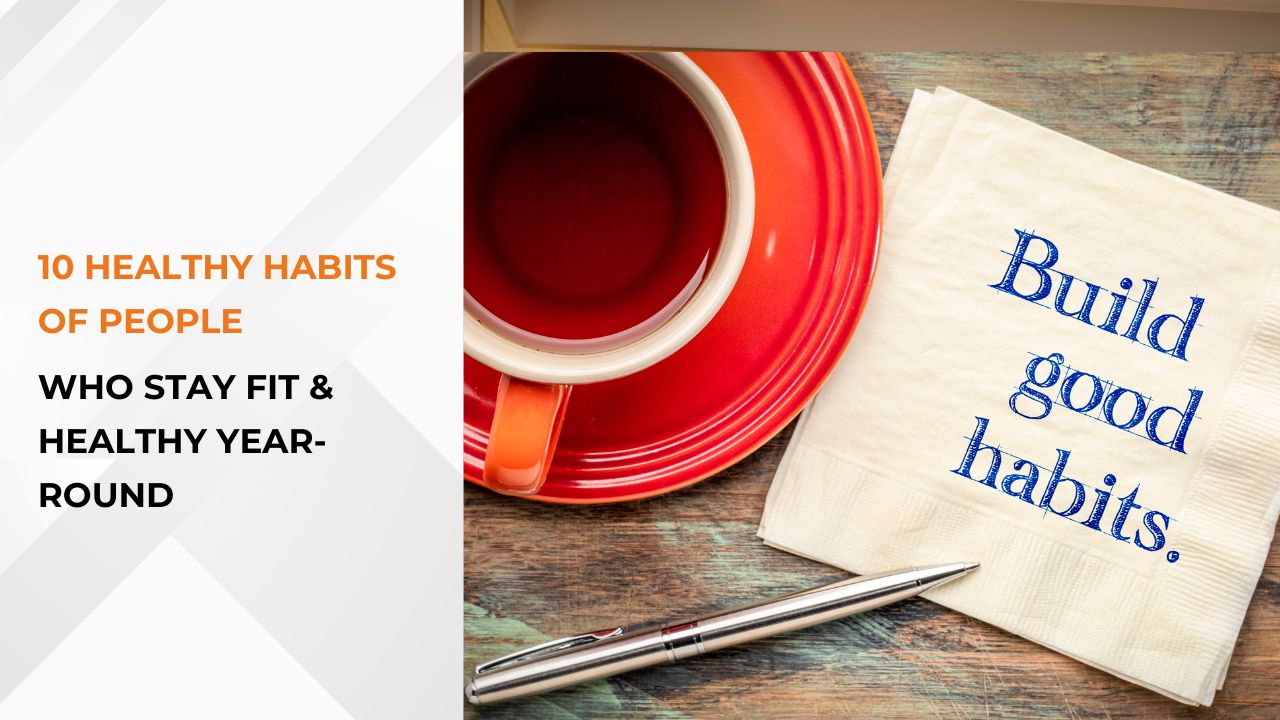Why Crash Diets Don’t Work & What to Do Instead

In the quest for rapid weight loss, many people turn to crash diets—extreme, restrictive eating plans that promise quick results. While the appeal of shedding pounds in just a few weeks is tempting, crash diets often do more harm than good. The weight loss achieved is usually temporary, and the long-term effects can be detrimental to overall health. Instead of falling into this trap, it’s crucial to adopt sustainable, science-backed methods for weight management. In this article, we’ll explore why crash diets don’t work and what to do instead for lasting weight loss and improved well-being.
What is a Crash Diet?
A crash diet is a drastic reduction in calorie intake, often cutting daily consumption to 800–1,200 calories or even less. These diets typically eliminate entire food groups and rely on a limited range of low-calorie foods or liquids. Popular examples include the cabbage soup diet, juice cleanses, and extreme low-carb regimens. While they may lead to quick weight loss, the effects are rarely sustainable.
Why Crash Diets Don’t Work
1. Rapid Weight Loss is Mostly Water and Muscle, Not Fat
When you drastically cut calories, your body burns glycogen stores for energy. Glycogen binds to water, so as these stores are depleted, you lose water weight—not fat. Additionally, extreme calorie restriction can lead to muscle loss, which slows down metabolism and makes it harder to maintain weight loss in the long run.
2. Slowed Metabolism and Yo-Yo Weight Gain
Crash diets signal to your body that food is scarce, prompting it to slow down metabolism to conserve energy. Once you return to normal eating habits, your body continues to store calories more efficiently, often leading to rapid weight regain—sometimes even more than what was initially lost.
3. Nutrient Deficiencies and Health Risks
Severely restricting calories and food groups can lead to deficiencies in essential nutrients like protein, fiber, healthy fats, vitamins, and minerals. This can result in weakened immunity, fatigue, hair loss, and digestive issues. Long-term crash dieting has been linked to more serious health risks such as heart disease, gallstones, and metabolic disorders.
4. Increased Cravings and Binge Eating
Extreme restriction can trigger intense food cravings and psychological stress. Many people on crash diets find themselves obsessing over food, leading to binge eating once they resume normal eating patterns. This cycle of deprivation and overeating makes long-term weight management difficult.
5. Negative Impact on Mental Health
Crash diets can take a toll on mental well-being, causing mood swings, irritability, anxiety, and even depression. The pressure to lose weight quickly, combined with feelings of failure when the weight returns, can damage self-esteem and body image.
What to Do Instead: Sustainable Weight Loss Strategies
1. Focus on Balanced Nutrition
Instead of extreme calorie cutting, aim for a well-balanced diet that includes:
- Lean Proteins: Chicken, fish, tofu, eggs, and legumes to support muscle maintenance.
- Healthy Fats: Avocados, nuts, olive oil, and fatty fish for heart and brain health.
- Complex Carbs: Whole grains, vegetables, and fruits for sustained energy and fiber.
- Hydration: Drink plenty of water to support digestion and metabolism.
2. Adopt a Sustainable Caloric Deficit
Rather than slashing calories dramatically, aim for a moderate deficit of 300–500 calories per day. This allows for steady and sustainable weight loss of 0.5 to 1 kg per week without shocking your body into starvation mode.
3. Incorporate Regular Physical Activity
Exercise plays a key role in weight management and overall health. Aim for a mix of:
- Cardio Workouts: Walking, running, cycling, or swimming to burn calories.
- Strength Training: Weightlifting or bodyweight exercises to preserve muscle and boost metabolism.
- Flexibility and Recovery: Yoga or stretching to improve mobility and reduce stress.
4. Practice Mindful Eating
- Listen to Hunger Cues: Eat when you’re hungry, and stop when you’re satisfied.
- Avoid Distractions: Focus on your meals without screens to enhance digestion and portion control.
- Savor Your Food: Eating slowly and mindfully can prevent overeating.
5. Get Enough Sleep
Poor sleep disrupts hormones that regulate hunger and metabolism, increasing cravings for high-calorie foods. Aim for 7–9 hours of quality sleep per night to support weight loss and overall well-being.
6. Manage Stress Effectively
Chronic stress leads to increased cortisol levels, which promote fat storage—especially around the abdomen. Engage in stress-reducing activities like:
- Meditation or deep breathing exercises
- Outdoor walks or nature therapy
- Engaging in hobbies that promote relaxation
7. Set Realistic Goals and Track Progress
Instead of focusing solely on the scale, measure progress through:
- Changes in energy levels and mood
- Improvements in strength and endurance
- Better fitting clothes and body measurements Tracking small achievements helps build motivation and prevents frustration.
Also Read: High-Protein Vegetarian Diet Plan for Muscle Growth
Conclusion
Crash diets may seem like a quick fix, but they are ultimately unsustainable and harmful to long-term health. Instead of falling into the cycle of restrictive eating and weight regain, focus on balanced nutrition, consistent exercise, mindful habits, and realistic goals. Sustainable weight loss takes time, but the results are far more rewarding and beneficial for overall well-being. Choose a healthy lifestyle over a temporary diet, and your body will thank you in the long run!

